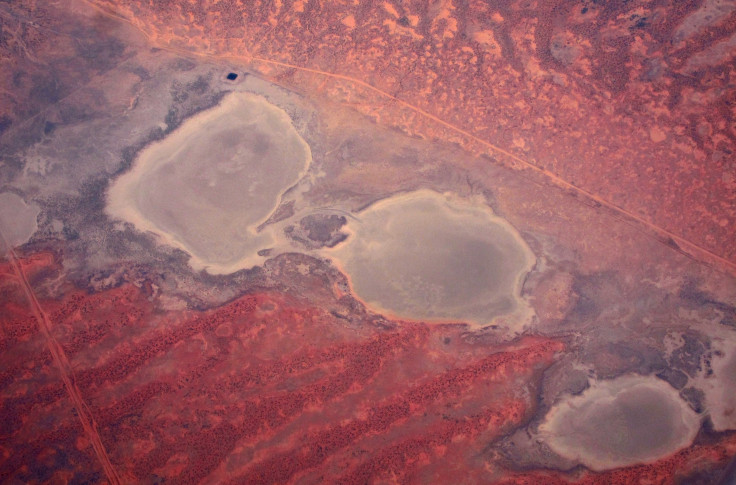Australian rodent Bramble Cay melomys: Great Barrier Reef rodent first mammal to be declared extinct by manmade climate change

The mosaic-tailed rat, popularly known as the Bramble Cay melomys, has been declared extinct by Queensland researchers. These rats were a resident of an island in Australia’s Great Barrier Reef. Researchers believe that the reason for their extinction is manmade climate change. The Bramble Cay melonyms are the first mammal species to be wiped out by human-driven climate change.
The species has surprisingly vanished entirely from its 350m-long cay home in the Torres Strait owing to sea-level rise, the researchers pointed out in a University of Queensland report. The species was last seen in 2009 and even extensive searches failed to find any evidence of the rodents’ continued existence.
Study authors Luke Leung and Natalie Waller have recommended that the status of the species be changed from “endangered” to “extinct.” Rising sea levels not only destroyed their unique habitat but destroyed the species altogether. The small rodent species was considered the only mammal species endemic to the Great Barrier Reef. It had the most restricted and isolated range of any Australian mammal.
The rodents lived in a small coral cay called Bramble Cay off the north coast of Queensland. The coral cay was only 340m long and 150m wide and sat at 3m above sea level. The researchers believe that this extinction is only the tip of the iceberg as global warming is putting increasing pressure on species everywhere.
The survey on these rodents was led by Ian Gynther from Queensland’s Department of Environment and Heritage Protection in partnership with University of Queensland. The experts laid 150 traps on the island for six nights. The survey also involved extensive measurements of the island and its vegetation.
“I am of absolutely no doubt we will lose species due to the increasing pressures being exerted by climate change. Species restricted to small, low lying islands, or those with very tight environmental requirements are likely to be the first to go,” Australia’s Deakin University ecologist John White told The Guardian.
A 2015 report revealed that one sixth of the world’s species are facing extinction due to climate change. Scientists have also warned that the world is on the verge of a sixth mass extinction.
The only hope left for the Bramble Cay melomys is that there might be an undiscovered population in Papua New Guinea. Researchers believe melomys may have arrived on Brambles Cay on rafting debris from the Fly River region of Papua New Guinea. They recommended targeted surveys to find any trace of the species.






